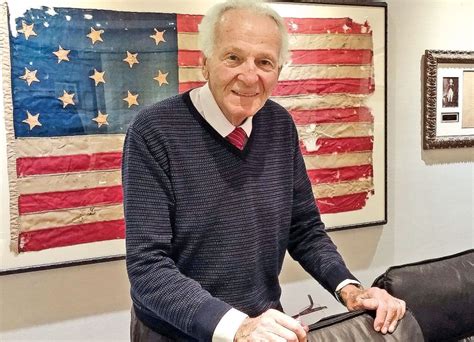A Quote by Jesse Ventura
Once you privatize something, it becomes a for-profit business.
Related Quotes
We've so, so fallen for the premise that only government can do certain things. But then when we get around to privatizing, people always applaud it. Well, I mean, the left never does. Privatize this; privatize that. Prisons, you name it. When you are endeavoring to create wealth by virtue of creating profit, you're gonna have a much more efficient operation a bunch of bureaucrats - who have no idea what they're doing, by the way.
I dismiss personal profit and focus exclusively on people and planet. That's what I call social business: a nondividend company dedicated to solving human problems. You can go all the way, forgetting about personal profit, being single-minded about solving problems. The company makes profit, but profit stays with the company.


































